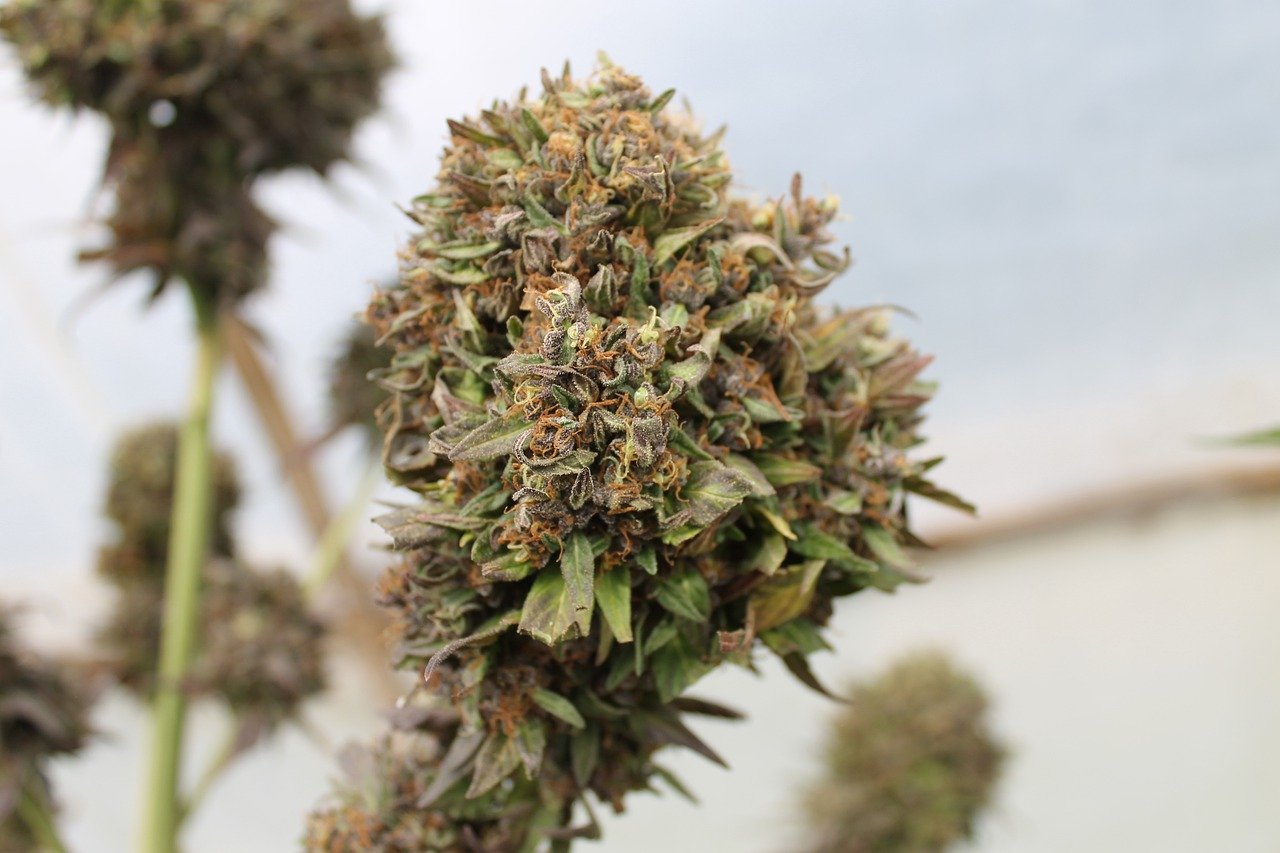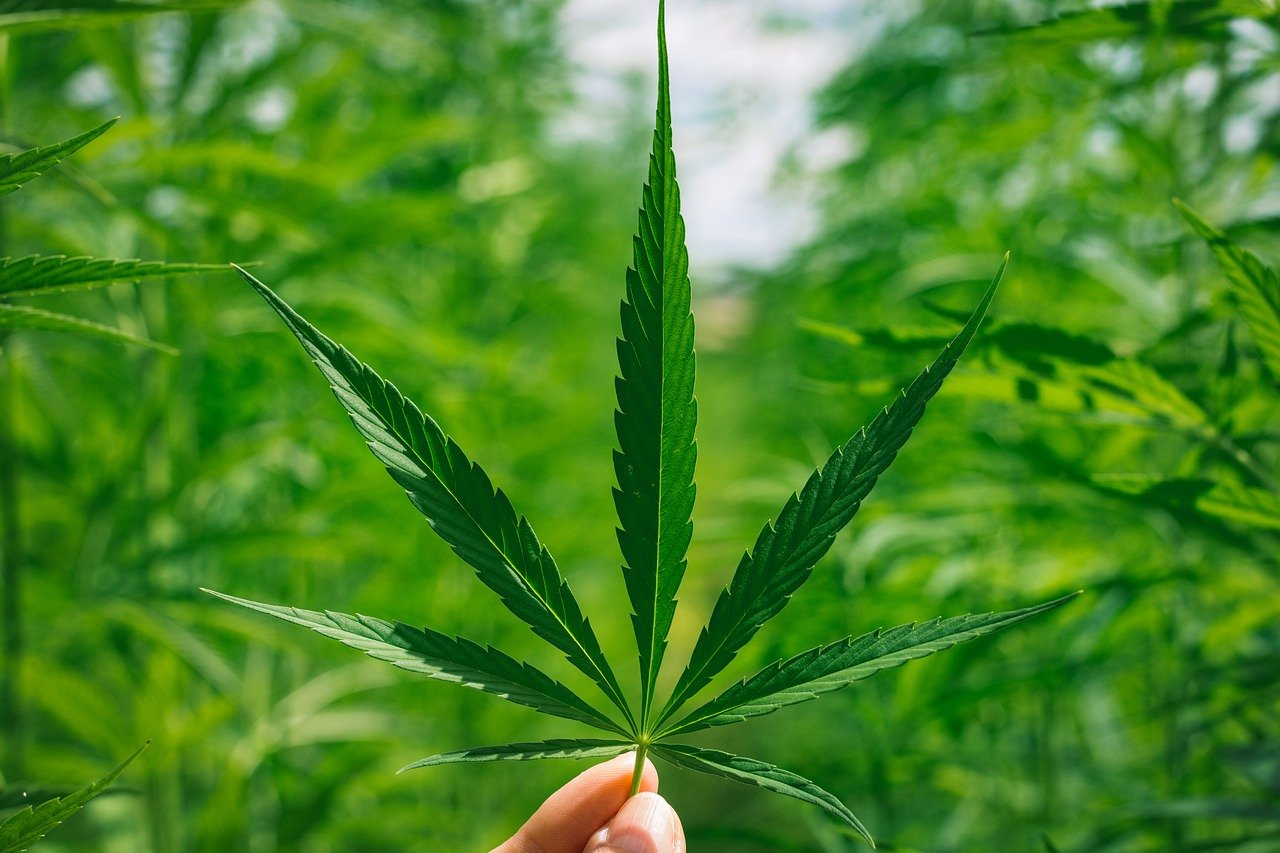North Carolina Marijuana Market
The marijuana business consultants at Point Seven Group are experts in the North Carolina marijuana market. We have successfully helped our clients obtain business licenses, design dispensaries, build identifiable brands, and operate compliant marijuana businesses. Our team of marijuana experts can help you reach your business goals in the North Carolina marijuana market!
NORTH CAROLINA CANNABIS MARKET STATUS
Cannabis is still illegal in North Carolina aside from a very limited medical program that permits low-THC oil for legal use by patients with intractable epilepsy.
Although many bills have been proposed in the state that would legalize medical marijuana and/or recreational cannabis in North Carolina, none have passed. Still, bipartisan-backed solutions continue to be offered for increasing access to cannabis for North Carolinians. Though progress has been slow, it’s possible that 2023 will be the year in which cannabis is finally legalized.
Point7 is excited about the future of cannabis in North Carolina and is working with North Carolina NORML to enact effective change. Contact a member of our team today to get started with a business plan or pitch deck, and prepare for the cannabis licensing application with the #1 Cannabis Consulting Firm in the US.
OUR SERVICES IN THE NORTH CAROLINA MARIJUANA MARKET
MEDICAL MARIJUANA MARKET PROJECTIONS IN NORTH CAROLINA
NORTH CAROLINA MARIJUANA NEWS
Compliance with North Carolina Marijuana Laws: A Guide for New Businesses Preparing to Enter the Market
September 28, 2023Starting a North Carolina Business: Guidance from Expert Cannabis Consultants
September 24, 2023An Update on North Carolina Marijuana Legalization Legislation
August 27, 2023The History of Cannabis in North Carolina
May 29, 2023NORTH CAROLINA MARIJUANA LAWS

Qualifying Conditions:
- Cancer
- Epilepsy
- Positive status for human immunodeficiency virus (HIV)
- Acquired immune deficiency syndrome (AIDS)
- Amyotrophic lateral sclerosis (ALS)
- Crohn's disease
- Sickle cell anemia
- Parkinson's disease
- Post-traumatic stress disorder, subject to evidence that an applicant experienced one or more traumatic events. Acceptable evidence shall include, but is not limited to, proof of military service in an active combat zone, that the person was the victim of a violent or sexual crime, or that the person was a first responder. Details of the trauma shall not be required
- Multiple sclerosis
- Cachexia or wasting syndrome
- Severe or persistent nausea in a person who is not pregnant that is related to end-of-life or hospice care, or who is bedridden or homebound because of a condition
- A terminal illness when the patient's remaining life expectancy is less than six months
- A condition resulting in the individual receiving hospice care
- Any other serious medical condition or its treatment added by the Compassionate Use Advisory Board, as provided for in 9 G.S. 90-113.113
As of 2023, multiple bills have been proposed to legalize and build out the regulatory framework needed for medical marijuana and recreational cannabis programs. If passed, the proposed recreational cannabis legislation, SB 346, would include expungement of past marijuana-related convictions and a plan to ensure social equity is a key component of the new marketplace.
According to state senators, “cannabis prohibition, like alcohol prohibition before it, has been a wasteful and destructive failure. [It] has had an unfair, disparate impact on persons and communities of color [and] diverts law enforcement resources from violent and property crimes.”
Separate medical cannabis legislation, SB 3, proposes legalizing cannabis for patients with debilitating medical conditions, including cancer, epilepsy, HIV/AIDS, Parkinson’s disease, multiple sclerosis, and PTSD. The bill establishes a Compassionate Use Advisory Board which could add new qualifying conditions as North Carolina’s medical marijuana program matures.
Although the future of North Carolina’s cannabis market has yet to be determined, it is likely that cannabis is coming to the Tar Heel State soon.
NORTH CAROLINA HEMP LAWS
The North Carolina Department of Agriculture and Consumer Services (NCDA) eliminated its state-run hemp program at the end of 2021. On January 1, 2022 growers in the state switched to operating under the United States Department of Agriculture (USDA), which now monitors North Carolina’s hemp production. Farmers interested in growing hemp in North Carolina will need to seek licensure directly from the USDA.


